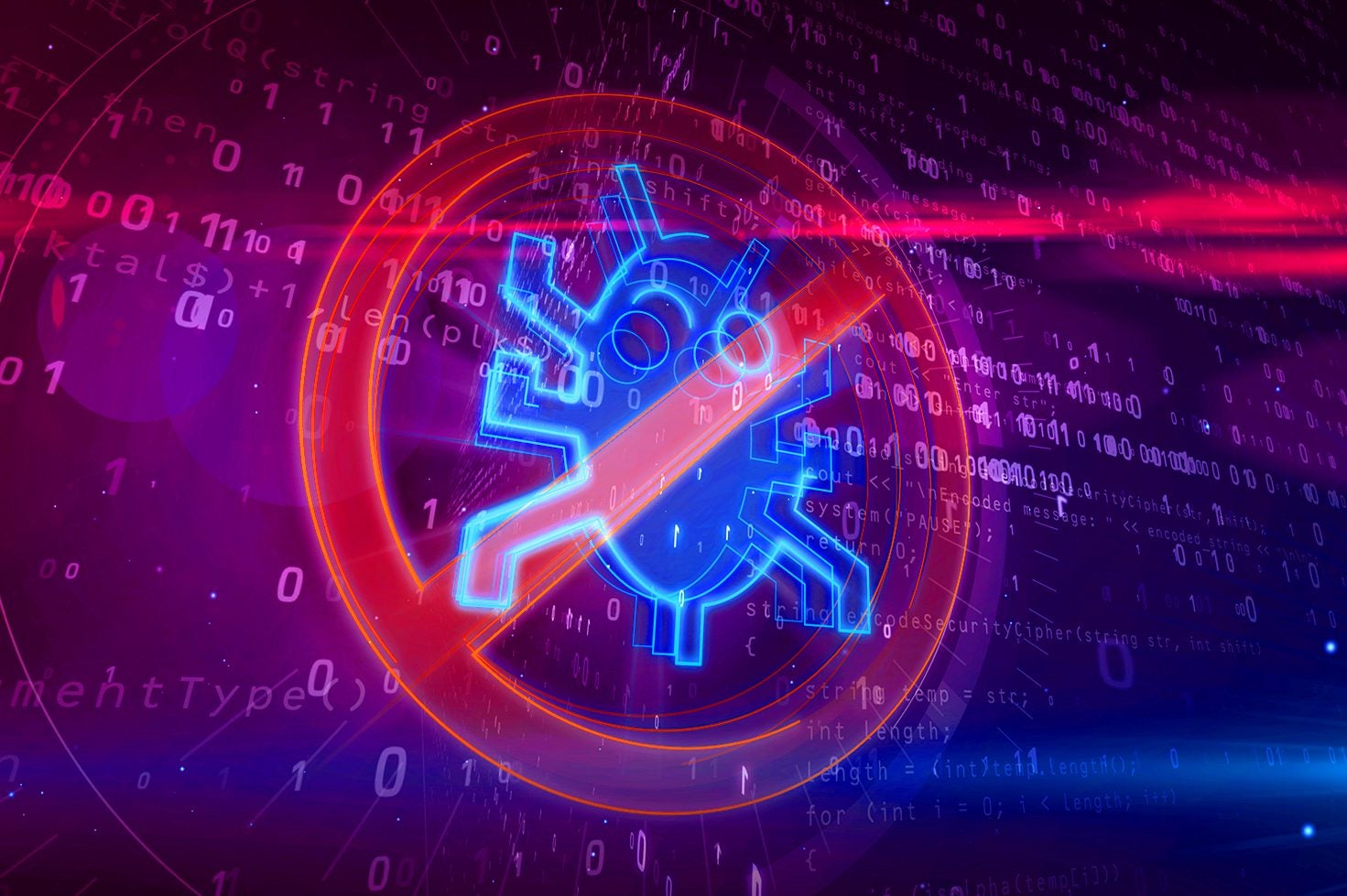
On a basic level, Windows Defender – and other free third-party AV programmes – are capable of detecting, and stopping, a virus infecting your PC as well as any paid-for security software.īut as you probably know, viruses aren't the only threat we face any more. Not everyone is capable of spotting a dangerous phishing scam all the time.Īnd there's nothing wrong with that. Some users will feel confident sticking free antivirus software or simply using their operating system's built-in protection (Windows Defender). Unfortunately, there's no simple answer to that question. Let's start by tackling the biggest question: do you still need to pay for antivirus software in 2020? If not for the known malicious attacks that we face right now, then for the unknown attacks we will almost certainly face in future. Which is why it’s a good idea to have a solid antivirus system installed on your PC. History suggests malware will find a way to infect PCs again, sooner or later. That year also saw PCs targeted with the infamous WannaCry ransomware attack. We only have to look back to 2017 when a serious security flaw with the Internet Explorer and Edge browsers created the potential for malicious sites to take control of users’ systems. * Hackers target torrent downloads of Game of Thrones * Three easy steps to (hopefully) stay safe online

* NZX attackers have eluded authorities for 2 years, GCSB director believes * Be careful what you click on: Stephen Curry, Reese Witherspoon the most dangerous celebrities to search online

However, every system has flaws that can, and will, be exploited.


 0 kommentar(er)
0 kommentar(er)
